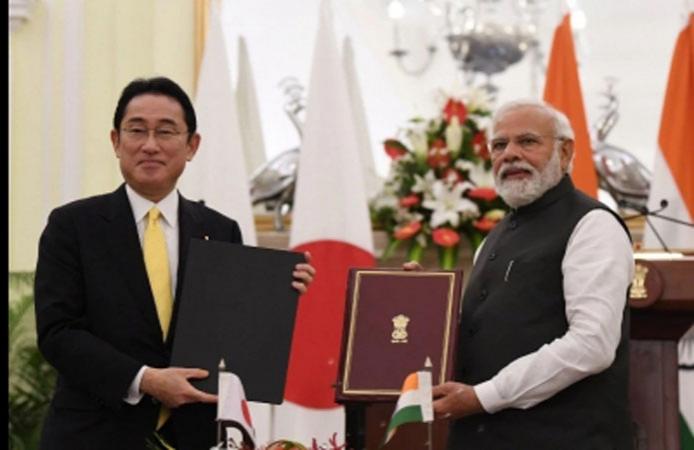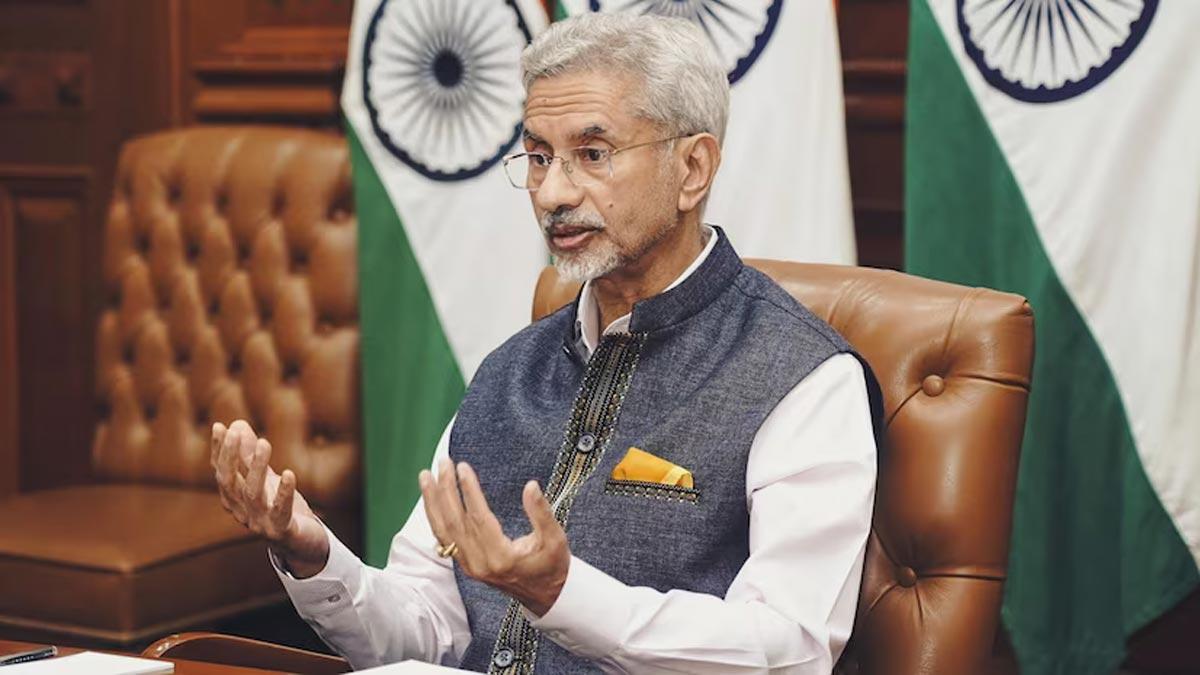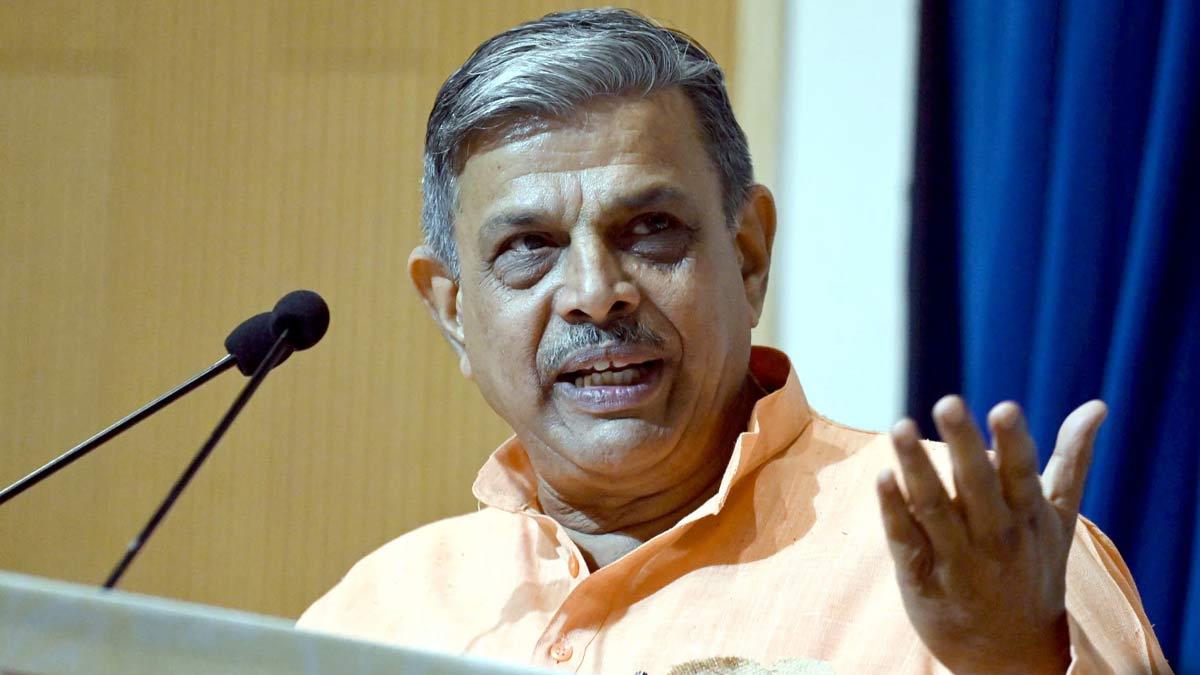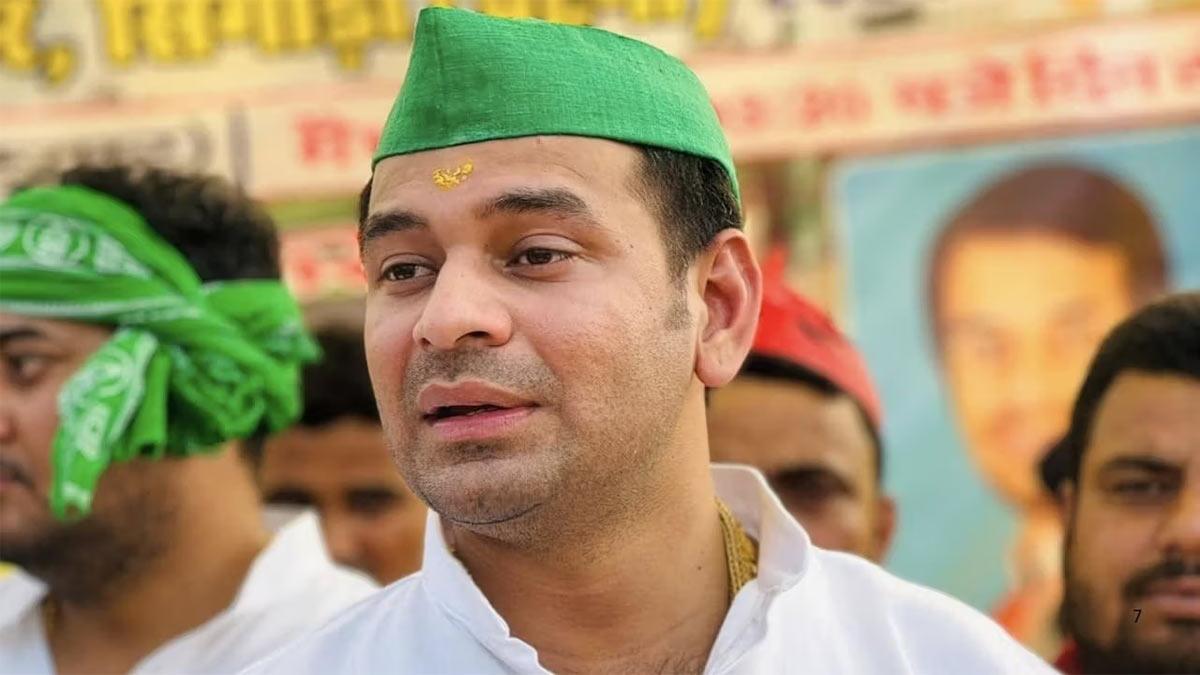India and Japan have accommodated pressing concerns of each other during their 14th annual summit as Japanese Prime Minister Fumio Kishida visits India on his first bilateral visit with Prime Minister Narendra Modi.
A joint statement issued by the two countries underscores efforts towards bringing peace, stability and prosperity to a world battling the Covid-19 health and economic crisis as well as the Russia-Ukraine conflict.
Dialogue and diplomacy for Ukraine
One of the most significant commitments from the two countries came regarding the ongoing war in Ukraine. Modi and Kishida expressed their concern over the conflict and the humanitarian crisis and assessed its broader implications for the Indo-Pacific region. They called for an immediate cessation of violence and stressed upon "dialogue and diplomacy for resolution of the conflict".
The leaders plan to take appropriate steps to address the humanitarian crisis in Ukraine and expressed their worry over the safety and security of nuclear facilities in Ukraine.
Also read | Jaishankar discusses Ukraine situation with Austrian counterpart
Reforms at the UN Security Council
The two Prime Ministers resolved to work for UNSC reforms "to reflect the contemporary realities of the 21st century". Both have reaffirmed once again that the two nations are "legitimate/deserving candidates for permanent membership in an expanded UNSC". India has also supported the non-permanent membership of Japan for the UNSC.
Commitment to Quad for a Free and Open Indo-Pacific
A pressing issue for both has been the militarisation in the Indo-Pacific region. The two Prime Ministers affirmed the importance of strengthening partnerships among the Quad countries - Australia, India, Japan, and the United States.
Kishida and Modi have resolved to "delivering tangible outcomes on the Quad's positive and constructive agenda, especially on COVID vaccines, critical and emerging technologies, climate action, infrastructure coordination, cybersecurity, space and education. They looked forward to advancing Quad cooperation through the next Quad Leaders' Summit in Japan in the coming months".
Keeping the tensions with Taiwan in mind and also in the South China Sea (SCS), India and Japan have pushed for prioritising the role of international law like the United Nations Convention on the Law of the Sea (UNCLOS), and emphasized upon the importance of non-militarisation and self-restraint.
Action against global terror
Japan has taken note of Indian concerns over terrorism emanating from its neighbourhood. The joint statement said: "The Prime Ministers expressed deep concern at the growing threat of terrorism and called upon all countries to work together for rooting out terrorist safe havens and infrastructure, disrupting terrorist networks and their financing channels, and halting cross-border movement of terrorists".
The two nations have called upon Pakistan to take resolute and irreversible action against terrorist networks that inflicted the 26/11 Mumbai and Pathankot attacks upon India. They also want Pakistan to take resolute and irreversible action against terrorist networks operating out of its territory and implement Financial Action Task Force (FATF) rulings.
Regarding the situation in Afghanistan, the Prime Ministers stressed on addressing the humanitarian crisis, promoting human rights and ensuring an inclusive political system in Afghanistan. They also underlined that the Afghan territory will not be used for sheltering, training, planning or financing terrorist acts.
North Korean missile tests
India has taken into account Japanese fears about North Korea's numerous and consistent ballistic missile launches in violation of United Nations Security Council (UNSC) resolutions. The two countries have committed to the complete denuclearization of North Korea and urged it to fully comply with its international obligations under the relevant UNSC resolutions.
Separately, the two nations reiterated their commitment to the total elimination of nuclear weapons and strengthen international cooperation to tackle nuclear proliferation and nuclear terrorism.
Battling the Covid-19 pandemic
The two Prime Ministers said that India and Japan would continue to contribute to global efforts to combat Covid-19 and welcomed the Quad Vaccine Partnership "to enhance equitable access to safe and effective vaccines in the Indo-Pacific and beyond."
They also confirmed to "work together towards reliable, resilient, efficient supply chains in the region and welcomed the progress in this regard in areas such as sharing of best practices. They emphasized the importance of collaboration to address illicit technology transfers, build resilient supply chains and strengthen the protection of critical infrastructure, including through the Quad".
Cementing defence relations
India and Japan plan to hold their second 2+2 meeting of the Foreign and Defence Ministers in Tokyo. This follows the first that took place in November 2019 in New Delhi.
The two partners have seen increased progress in security and defence cooperation with the operationalization of the Agreement Concerning Reciprocal Provision of Supplies and Services between the Japan Self-Defense Forces (JSDF) and the Indian armed forces.
The two forces have been participating in the bilateral Dharma Guardian exercises as well as the multilateral exercises Malabar with Australia and the US. India has now invited Japan to join the MILAN naval exercise which it holds with Indian Ocean littoral nations as well as to hold the inaugural fighter exercise between the Japan air force and the Indian Air Force.
The two countries are also collaborating in the area of Unmanned Ground Vehicle (UGV) and Robotics from where they plan to identify more areas in defence equipment and technology.
Also read | Houthis launch drone attacks against Saudi Aramco oil facilities
Strengthening trade
The Prime Ministers noted that economic cooperation between the two was enhanced after the elevation of their relations to 'Special Strategic and Global Partnership'. On its part India has improved the business environment for Japanese investors while Japan has met its investment target of JPY 3.5 trillion announced in 2014 for India.
The two nations also plan to enhance cooperation in digital technologies through promotion of joint projects for digital transformation, support to provide opportunities for Indian IT professionals to work in Japan and Japanese companies, and collaboration made in the area of Internet of Technologies and Artificial Intelligence and other emerging technologies.
The 14th annual India Japan summit takes place as the two nations also celebrate the 70th anniversary of establishment of diplomatic relations. With commonalities of interests in a fast-changing world order, the two nations plan to enhance trade, defence and strategic ties based on the India-Japan Vision Statement of 2018.


















